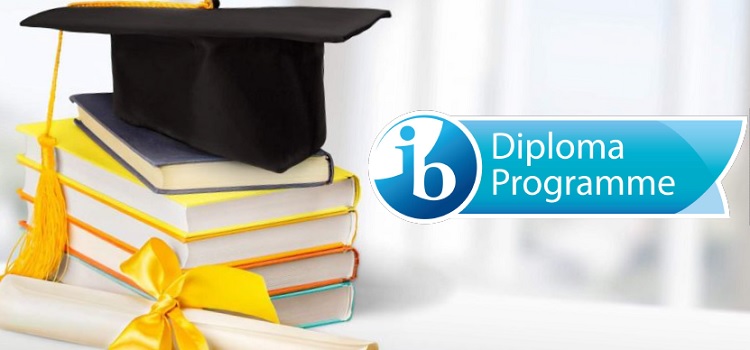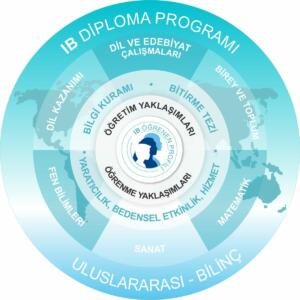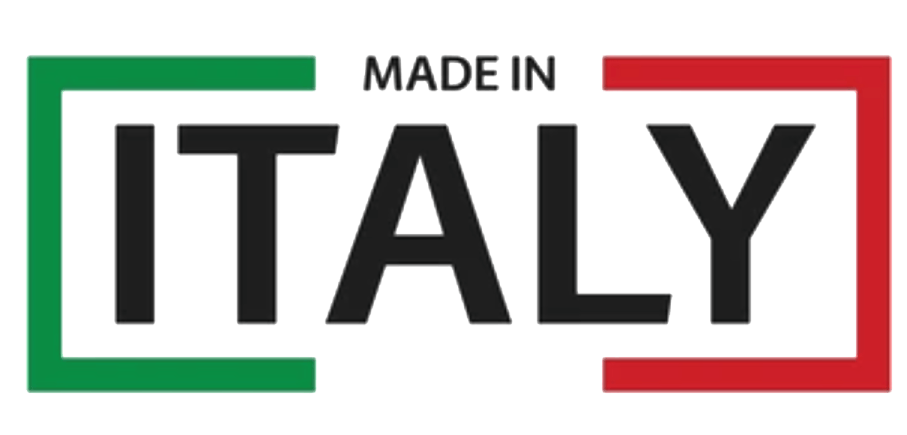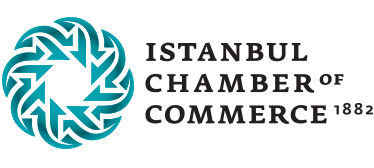International Baccalaureate (IB)
The International Baccalaureate Organization (IBO), which was first established as a non-profit foundation in Geneva, Switzerland, in 1968, is now taught in 143 countries worldwide under the name International Baccalaureate (IB) and is a very comprehensive pre-undergraduate program for students aged 16-19. It offers a comprehensive education.
IB, which stands for International Baccalaureate, is the most rational and functional education program accepted worldwide. This program offers the chance of a standard curriculum for students who want to take their high school or undergraduate education outside their country. Many successful students prefer it as it is carried out within a global framework. In addition, the program aims to improve students’ learning processes by offering challenging and high-quality international education that shares a strong vision.
The International Baccalaureate (IB) is designed to develop inquiring, knowledgeable, and caring young people who help create a better and more peaceful world through intercultural understanding and respect. For this purpose, the establishment works with schools, governments, and international organizations to develop challenging international education programs and rigorous assessments.
This course encourages students worldwide to become enthusiasts for lifelong learning who understand that, despite their differences, other people can be right, too. High school students who choose this 2-year program gain the right to receive an internationally valid IB Diploma if they are successful after the graduation exams.
The IB program, offered in many schools internationally, has been prepared in a way that the Ministry of National Education deems appropriate. IB offers a preparatory year to students in the 10th grade of high school, as it is an education program offered by taking into account the fields. In this preparatory year, called Pre-IB, students are provided to practice for the IB program with the courses developed for the professions they will choose later.
What are the Benefits of the IB Program?
The IB is a program that allows students to navigate their own learning paths and develop the skills and confidence they need to make a lasting difference. Supported by a strong global network, this rewarding system also supports teachers working in collaboration with relevant colleagues to empower them as architects of excellent education. International Baccalaureate provides unique benefits for students in schools around the world. Thanks to the IB, students:
- Are encouraged to think critically and solve complex problems,
- Become aware of their learning styles,
- Have a knowledge infrastructure that the highest-ranked universities in the world can accept,
- Become more culturally conscious thanks to a second language that they will fully master
- Develop their ability to relate to people in an increasingly globalized and rapidly changing world, and
- Have strong academic, social, and emotional characteristics.
It can be said that the students who are educated in this program perform better academically than the students who are educated with the traditional curriculum. Research shows that IB students complete their university education faster than their peers, feel better prepared for university-level courses that include research, and cope better with challenging workloads and time management issues. Each IB program is tailor-made for students to develop according to the IB education profile. The profile consists of:
- Questioning,
- Knowledgeable,
- Ability to think,
- Good Communication,
- Principled,
- Open-minded,
- Not afraid to take risks and
IB has made its mission to bring individuals equipped with the characteristics of being balanced to society and the whole world.
What is the International Baccalaureate (IB) Curriculum?
There are compulsory courses to be taken by each diploma candidate in the IB curriculum. These courses were grouped under six different headings, and the student was required to choose one course from each group. In the IB education offered in Turkey, mother tongue and social sciences courses are given in Turkish, while all other courses are administered in English. Three or four of the courses required by students who want to have an IB diploma are higher-level courses, while the rest are standard-level courses. While the IB encourages students to earn the full IB degree, “the substantial workload requires a lot of commitment, organization, and initiative.” Instead, students can enroll in one or more individual IB courses with no basic requirements. Such students cannot receive the full diploma. A diploma score of at least 24 is required to obtain an IB Diploma. In addition, students get grades on a seven-point scale for lessons; 1 means very inadequate, and 7 means excellent. In addition to this, students who complete the graduation thesis, knowledge theory and creativity, activity, and service tasks that students need to complete can also get +3 points. As a result of all these, the highest diploma score obtained is 45.
There are many private high schools in Turkey with an IB program. Among these are TED Colleges, KOÇ High School, Doğa Colleges, Ahmet Ulusoy High School, Private Bilkent High School, Private Eyüpoğlu High School, Private Yüce Schools, Üsküdar American College, Private Arı Schools, Tarsus American College, İzmir American College, and Enka Schools. The groups and course contents offered on behalf of the program are as follows:
- Group Language and Literature Studies: In this group education, which is taken at a standard or advanced level, there are literature lessons in the language in which the student is most successful, generally the mother tongue.
- Group Language Acquisition: In the advanced level courses, the student gains proficiency in a second language and masters the knowledge of literature in this language.
- Group Individuals and Societies: These group courses, which can be given at both advanced and standard levels, consist of humanities and social sciences subjects. These; Business Management, Economics, Geography, History, Information Technology in a Global Society (ITGS), Philosophy, Psychology, Social and Cultural Anthropology, and Global Politics are courses. The World Religions course and the interdisciplinary Environmental Systems and Societies course are offered only at the standard level.
- Group Natural Sciences – Experimental Sciences: Courses within this group are also offered standard and advanced level options. These are Chemistry, Biology, Physics, Design Technology, and Computer Science courses. In addition, Sport, Exercise and Health Sciences and interdisciplinary Environmental Systems and Societies and Nature of Science courses are offered only at the standard level.
- Group Mathematics: In the courses that give importance to algebraic methods and mathematical thinking and also focus on modeling and statistics; Technology is also used to solve problems related to real-world applications. Mathematics is taught at an advanced level in these group courses, while the Mathematical Methods course is given at a standard level.
- Group Electives (Art Lessons): Students can choose a course from the last five groups as this group course or take a study in the school curriculum. For this reason, it can be said that the sixth group courses are given at both advanced and standard levels. The options offered for students who want to choose courses from the other five groups are generally Dance, Foreign Languages, Music, Theatre, Visual Arts, and Film courses.
What to Do to Get an International Baccalaureate (IB) Diploma Outside of the Six Group Courses
Graduation Thesis (Extended Essay/EE)
The graduation thesis is one of the most critical stages in the IB Diploma Programme. In this step, students are expected to complete composition of at least 4000 words, excluding footnotes and bibliography, on a topic from the courses they have taken. In this process, the student works under the supervision of a mentor teacher at his school.
Theory of Knowledge/TOK
In the Theory of Information course, which is offered in a very original way within the IB Diploma Program, students explain the forms, origins, and uses of knowledge and its validity in detail. This course, taught for two years and spread over the curriculum, is prepared for at least 100-course hours.
Creativity, Action, Service/CAS
The CAS study, which is presented based on the IB philosophy, organized in the form of education of individuals in integrity, is also a necessity that students must complete in a total of 150 hours over two years. Such that, as a result of the completion of the graduation thesis, knowledge theory and creativity, activity, and service tasks, only the student can get a diploma.
How Many IB Points Are Required to Transfer to University
Students entitled to receive the IB Diploma have taken the utmost importance to study at the universities where this diploma is valid. However, each university and department have a different grade point average, so students need to do detailed research about the department and university they want to study. Students are usually required to earn at least 32 points to start the first year of university. Universities in the top 50 rankings around the world mostly require at least 38 IB Diploma grades for registration.
Students who are entitled to receive the IB Diploma have taken the utmost importance in order to study at the universities where this diploma is valid. However, each university and department has different grade point averages, so students should do detailed research about the department and university they want to study. Students are usually required to have earned at least 32 points in order to start from the first year of universities. Universities that are in the top 50 rankings worldwide usually require a minimum of 38 IB Diploma grades for registration.





